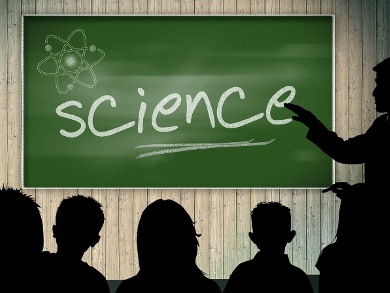The recent history of retractions of scientific articles, some by highly cited researchers and in high impact journals, is definitely a cause for alarm. New scholars starting their careers are increasingly worried. It is highly imperative to have a structure in place that prevents such unfortunate incidents in the future.
A positive step has been taken by the Deutsche Forschungsgemeinschaft (DFG, German Science Foundation). It has implemented a curriculum for Good Scientific Practice (GSP) through their “Ombudsman für die Wissenschaft”. This honorary committee is available to all scientists and provides guidance and advice regarding Good Scientific Practice, unethical scientific behaviour, as well as help for scientists who expose dishonest scientific practices.
Michael Gommel and colleagues, Team Scientific Integrity, Berlin, Germany, have collected observations from courses they teach based on this GSP curriculum. They conducted a survey asking 387 doctoral students about their experiences. Analysis of participants’ responses from over 200 courses reveals some stunning insights. More than 50 % of the participants responded that they either directly or indirectly witnessed events which deviate from good scientific practice. Many of the participants were in the dark about the differences between the different types of unethical methods.
- Teaching Good Scientific Practice: Results from a Survey and Observations from Two Hundred Courses,
M. Gommel, H. Nolte, G. Sponholz,
Journal of Unsolved Questions 2015, 5 (2).
Also of Interest
- Ombudsman für die Wissenschaft (in German), Bonn, Germany
Honorary committee offering guidance on good scientific practice and ethical scientific behavior - Ethical Guidelines for Publication in Journals and Reviews,
EuChemS, 2006.
Responsibilities of editors, authors and referees relating to the publication of manuscripts in scientific journals - Best Practice Guidelines on Publishing Ethics: A Publisher’s Perspective,
John Wiley & Sons, 2014.
Summary of best practice in scholarly publishing for societies, editors, authors, librarians, students, funders, corporations, and journalists




